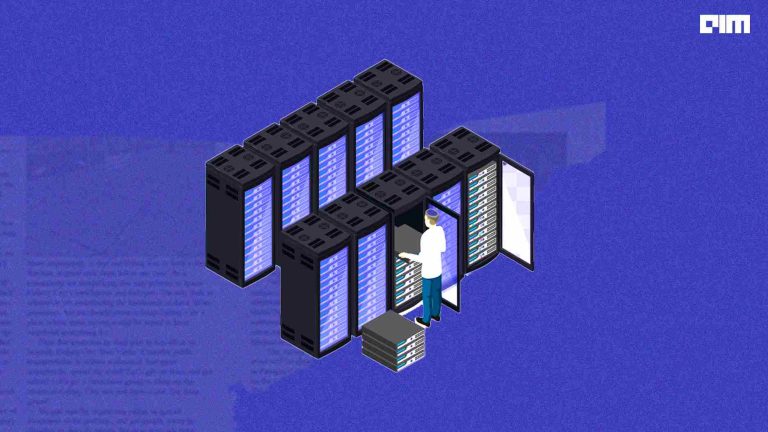With Industrial Revolution 4.0 affecting the way India Inc conducts business, many noted companies in the country have started changing their strategies. Over the last decade, scores of big names in the Indian tech sector, especially in the IT and e-commerce sectors, seem to have changed the face of business by two specific strategies: acquiring and acqui-hiring smaller companies and adding their expertise into their bouquet of offerings. With the recent examples like L&T taking over Mindtree, Google buying the startup Looker and Ola acquiring Ridlr, it is clear that organisations, especially Indian companies, are hungry to increase their expertise and repertoire.
Why Big Companies Prefer To Acquire
Numerous analysts have said that one of the key reasons big tech organisations prefer to acquire or acqui-hire smaller companies is because of the money. Rather than using the smaller company as a service provider, a big company finds it more fruitful and economical to purchase the entire setup, along with the talent. This also depends on factors such as the cost to acquire or acqui-hire the startup or SME, the overall business strategy accepting acquisitions and the market research which predicts what might happen when the two services merge, among others.
Short Term Vs Long Term Game Plan
For example, if being a customer to the smaller company adds value to the big organisation’s product, it, therefore, makes them more attractive to their own customers and prospective customers. This is one of the reasons why TCS was inspired to buy startups like Bridgepoint and W12. On the other hand, when the startup’s service saves 500 employees of the company three hours a month by streamlining a process or solving a problem — that’s 1,500 man-hours every month which adds up to huge savings over time.
Big companies make this calculation keeping in mind the big picture and then decide if they can make more money by acquiring the startup and selling its services themselves. In the case of the first example rolling the startup’s product into their own product increased the value TCS’ offerings and earned them more money.
Another example can be that of Google (and its parent company Alphabet). In a strategic move, over the last few years, the search engine giant has offloaded noted companies like Boston Dynamics and has bought small Indian startups like Sigmoid Labs and Halli Labs.
Talent Pool
With the emerging tech industry increasing at an exponential rate, companies have increased the intake of talented professionals, especially in the sectors of artificial intelligence, machine learning, data science, data analytics, blockchain and the internet of things, among others. That is why, when bigger companies think of merger and acquisition, access to talent pool also plays a key role in the equation.
Many times, bigger companies say that it is easier to just buy a startup and acquire the team that created it so that the team can use their innovative thinking to develop other products for the company.
Intellectual Property
Research and development is a process that can take many years — even decades. To cut short the process, while implementing new ideas, companies like L&T have been making investments over the years to grow inorganically. For example, in 2016, LTI acquired AugmentIQ Data Sciences that specialises in Big Data. In 2017, they acquired Syncordis SA for pureplay core banking implementation. Earlier this year LTI bought the US-based Ruletronics which is into the Pega implementation space. In fact, experts suggest that Mindtree was a carefully thought-out move for L&T in making a specific investment for opportunities in horizontals where they have yet to have a foothold.
N Ganapathy Subramaniam, COO at TCS, had told a news wire in an earlier interview, “We continue to remain open and hungry for acquisitions. We have one of the best track records in terms of acquiring companies and integrating them… the approach is that clearly, we are in the market looking for the right asset which will add a certain amount of intellectual property, market reach or client addition.”
Killing Competition
Another reason for M&A for big companies is that by acquiring the startup and ceasing sales of the startup’s product, the company’s competitors stop having access to the resource. Basically, the bigger organisation ends up reaping all the benefits. A recent example is that of Amazon, when they acquired Kiva Systems. While Kiva built the robots Amazon uses in their warehouses, the acquisition left a huge hole in that marketplace that still hasn’t really caught up.
Industry experts also cite the 2014 example of Facebook’s virtual reality business Oculus. Industry insiders say that this move by the social media giant was more about killing off the startup’s promising operating system than anything else.


























